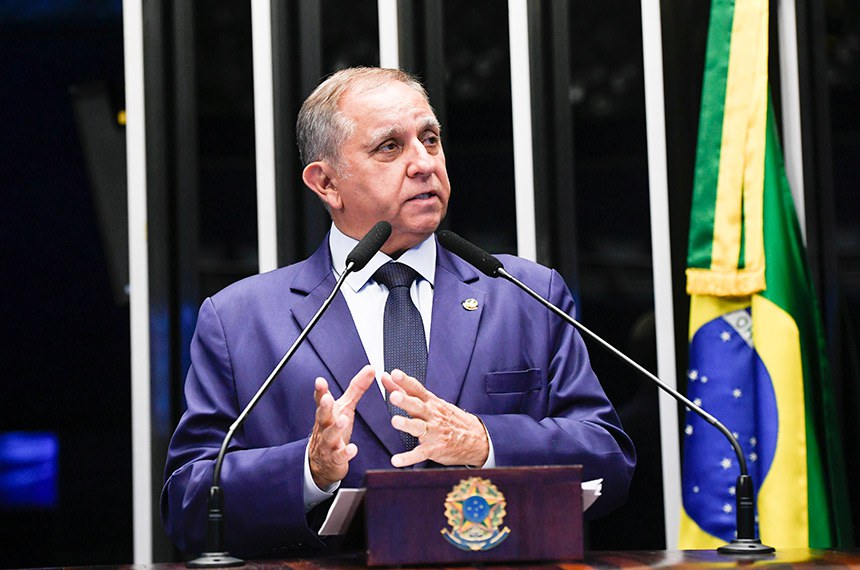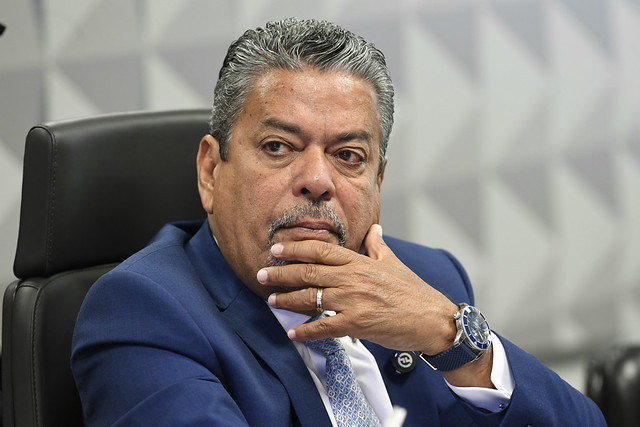On Tuesday, April 8, a meeting of the Bets CPI took place where senators and Gabriel Galípolo, president of the Central Bank, discussed the role of the Central Bank in regulating financial companies that process payments for illegal bets.
According to the Central Bank, between 20 and 30 billion reais are spent on gambling in Brazil every month. Furthermore, the investigation aims to analyze the impact of these bets on the financial health of Brazilian families.
Galípolo highlighted that “the inspection and punishment of the sector are the exclusive responsibility of the Ministry of Treasury”.
He stated that “changes in legislation are necessary so that the Central Bank can fine or prevent activities that violate rules.”
The bank’s president also explained: “The Betting Prizes Secretariat [SPA, of the Ministry of Treasury] is the one who defines which bet is authorized or not.
The Central Bank, once informed by the SPA, will tell the financial institution: ‘you have companies there to observe in your procedures and, from now on, no longer authorize them.’
It is not the Central Bank that interrupts a transaction. From then on, it is the financial institution itself that interrupts it.”
Discussion at the Bets CPI on regulatory challenges

Senator Izalci Lucas (PL-DF) questioned the effectiveness of SPA’s notifications to the Central Bank regarding 22 illicit payment institutions.
Thus, he expressed concern, stating: “From what I can see, there is still no procedure to prevent this. It is very clear to us that there is a lot of irregularity, a lot of irregular operations taking place.”
Galípolo stressed that “the discomfort comes from the five years in which the sector operated without regulation”. Since 2023, Law 14,790 has established rules that came into force in January 2025, covering sports betting and casino games.
Legal gaps and proposals

Senators Jaques Wagner (PT-BA) and Dr. Hiran (PP-RR) addressed the Central Bank’s responsibility in punishing financial institutions involved.
Hiran suggested creating legislation to combat this practice, saying: “We get the feeling that there is a legal vacuum.
We have to establish more advanced legislation to prevent this type of activity, which is very harmful to our country’s economy.”
Furthermore, Senator Damares Alves (Republicanos-DF) questioned the flexibility in the Central Bank’s rules that favor fintechs, exploited by criminals.
Finally, Senator Soraya Thronicke (Podemos-MS) asked Galípolo for suggestions for legal improvements. Investigations revealed that some payment institutions are created to handle illegal bets.
Money laundering issues presented at the Bets CPI
Galípolo clarified that “it is not safe to say that all unauthorized bets are involved in money laundering.”
He explained that “financial institutions must identify signs of these crimes; it is up to the Central Bank to supervise.”
Finally, Galípolo added that “many times it doesn’t even go through us, it goes straight to Coaf [Financial Activities Control Council], to the Public Ministry, to the Federal Police”.
Rogério Antônio Lucca, from the Central Bank, confirmed that between 20 and 30 billion reais circulate monthly in bets, highlighting that “regulation has improved the identification and monitoring of values”.
Social impact and financial education
In 2024, the Central Bank identified that Bolsa Família beneficiaries spent around three billion reais on bets via Pix.
Galípolo highlighted that “the study aimed to understand why, even with an increase in income, Brazilians’ consumption and savings did not increase.”
Furthermore, he stated that “it is not up to the Central Bank to limit the use of betting aids”, since interfering could violate the rights to banking secrecy.
Juliana Mozachi Sandri, from the Central Bank, presented financial education actions, reinforcing that “betting is not a form of investment”.
The Aprender Valor program, in partnership with Febraban, and the use of social networks aim to guide citizens.
Sandri said: “The Central Bank is using various means of communication, such as Instagram and [other] social media, to raise financial education issues…”.






